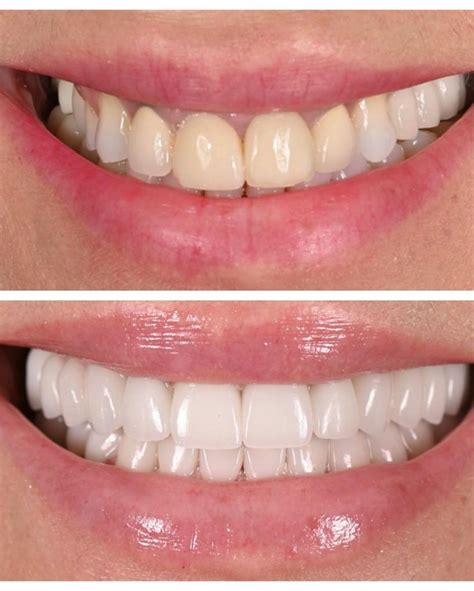Veneer Healing: Your Questions Answered
Veneers are a popular cosmetic dentistry solution, transforming smiles with their ability to improve tooth color, shape, and size. However, the healing process after veneer placement is a common source of questions and concerns. This comprehensive guide addresses frequently asked questions, offering clear and accurate information to ease any anxieties you may have.
What Happens After Veneer Placement?
Immediately following the veneer procedure, you might experience some temporary sensitivity to temperature changes (hot and cold). This is perfectly normal and usually subsides within a few days to a couple of weeks. Your dentist will provide aftercare instructions, which are crucial to follow for optimal healing and to prevent complications. These instructions typically include recommendations for soft foods, avoiding hard candies or sticky substances, and maintaining excellent oral hygiene.
How Long Does it Take for Veneers to Feel Normal?
The feeling of normalcy after veneer placement is subjective and varies from person to person. While the initial sensitivity usually fades quickly, it can take a few weeks for your mouth to fully adjust to the presence of the veneers. The veneers themselves are very thin and bonded directly to your teeth, so there shouldn't be any significant feeling of foreign objects in your mouth after the initial adjustment period. If you experience persistent discomfort or unusual sensations, it's vital to contact your dentist.
Can Veneers Cause Gum Irritation?
Properly placed veneers shouldn't irritate your gums. However, if the veneers are placed improperly, are too thick, or if there's inadequate preparation of the teeth before placement, gum irritation is a possibility. This is why choosing an experienced and skilled cosmetic dentist is paramount. Symptoms of gum irritation might include redness, swelling, or bleeding gums. If you notice any of these signs, schedule an appointment with your dentist immediately.
What is the Veneer Aftercare Process?
Post-veneer care involves diligent oral hygiene. This includes brushing twice daily with a soft-bristled toothbrush, flossing carefully (being gentle around the veneer edges), and using a fluoride mouthwash as recommended by your dentist. Regular dental check-ups are also essential to monitor the veneers' condition and ensure long-term health. Avoiding habits like teeth grinding (bruxism) and biting hard objects will also help prolong the lifespan of your veneers.
How Long Do Veneers Last?
With proper care and regular dental visits, porcelain veneers can last for 10-15 years or even longer. However, factors like habits, oral hygiene, and the quality of the veneer placement can influence their longevity.
What Should I Eat After Getting Veneers?
In the immediate aftermath of the procedure, sticking to a soft food diet is crucial. Avoid hard, crunchy, or sticky foods that could damage the veneers or cause them to dislodge. Gradually reintroduce harder foods as your teeth become more comfortable.
Are Veneers Permanent?
Veneers themselves are permanent fixtures, once bonded to your teeth. However, they are not indestructible. Over time, they can chip, crack, or become dislodged due to trauma or wear and tear. They can also be removed, but this requires a professional dental procedure.
Can I Whiten My Teeth After Getting Veneers?
Veneers are generally stain-resistant. However, the underlying teeth may still be prone to staining. Therefore, teeth whitening after veneer placement is typically not recommended, as it can result in a color mismatch between the veneers and your natural teeth.
How Much Do Veneers Cost?
The cost of veneers varies widely based on several factors, including the number of veneers needed, the dentist's fees, and the materials used. It's best to consult directly with your dentist for an accurate quote tailored to your individual needs.
This article provides a comprehensive overview of veneer healing and frequently asked questions. Remember, this information is for educational purposes only, and it's essential to consult your dentist for personalized advice and care. A qualified dentist can address your specific concerns and provide the best recommendations for maintaining healthy teeth and a beautiful smile.

